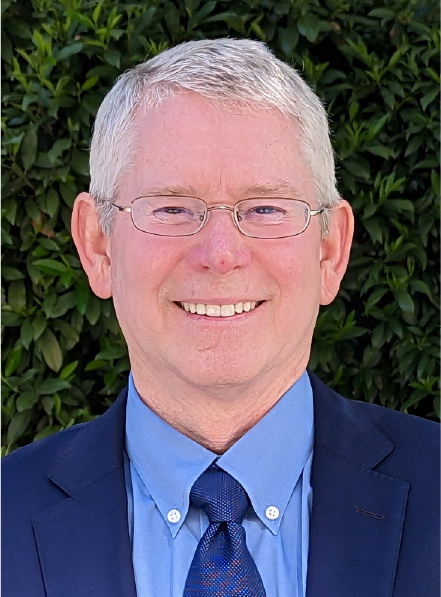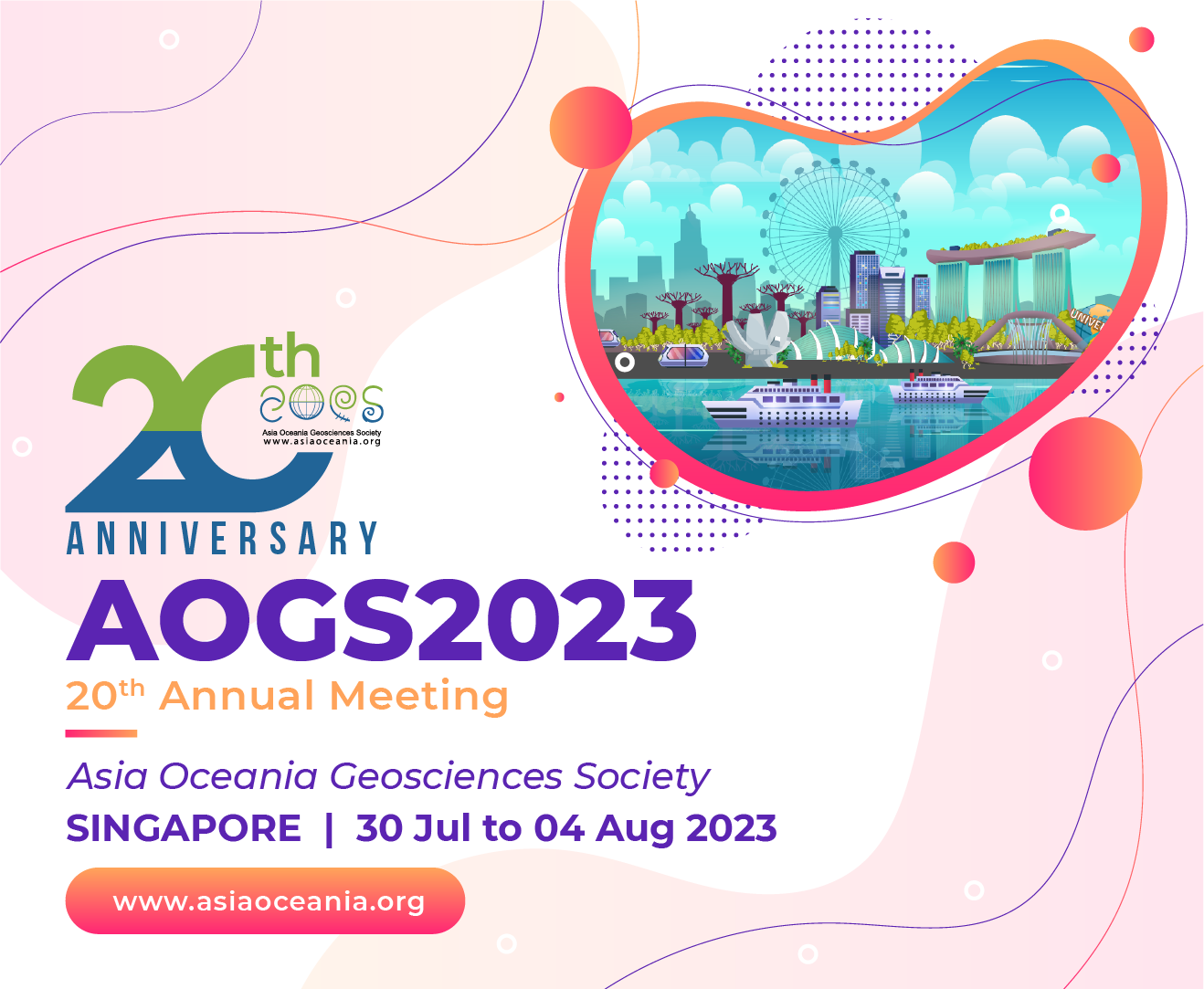

Douglas HOWARD
Director of the Center for Satellite Applications and Research
National Oceanic & Atmospheric Administration
Dr. Douglas A. Howard is the director of the National Oceanic and Atmospheric Administration (NOAA) Center for Satellite Applications and Research (STAR).
Before joining NOAA, Doug served as the technical director of the Cold Regions Research and Engineering Laboratory U.S. Army Corps of Engineers. Doug also served as the principal research advisor for the National Land Imaging Program and the program coordinator for the nation’s largest mapping program, the National Cooperative Geologic Mapping Program, in the U.S. Geological Survey. He is also a member of the NASA Mars Observer, Mars Global Surveyor, and Mars Odyssey missions’ Thermal Emission Spectrometer science teams.
Over the past two decades Doug has served in a number of public service positions including the Department of Defense representative to the Interagency Arctic Research Policy Committee Science Ministerial supporting the Arctic Research and Policy Act and the Office of Science and Technology Policy to assist in drafting the Arctic Research Plan for 2022-2026. Doug also serves as an adjunct professor of geosciences in the Program for Science, Technology, and International Affairs, Edmund A. Walsh School of Foreign Service at Georgetown University.
Doug received a bachelor’s degree in geology from Arizona State University, a master’s degree in Earth systems science from George Mason University, and a doctorate in Earth systems and geoinformation sciences from George Mason University
Special Session 01: Space Agency Perspectives on the Remote Sensing of the Earth
02 August (Wednesday) | 10:20am – 12:20pm │MR335
NOAA Remote Sensing Satellite Observations of the Earth: Data and Information for Societal Benefit
NOAA’s National Environmental Satellite, Data, and Information Service (NESDIS) works to observe our Earth environment and share that data to benefit all communities. Rapid technological advances in satellites and data science allow us to observe more than ever before. This talk will outline how the organization is working to advance an integrated observing system and meet the growing information challenge through public, private, and international partnerships. Planning for our next generation satellite observation capabilities is well underway with the overlying intention to provide data and information for societal benefit. The agency is also working to support NOAA’s enhanced climate services by delivering the observations and information necessary for a Climate Ready Nation and globe.
